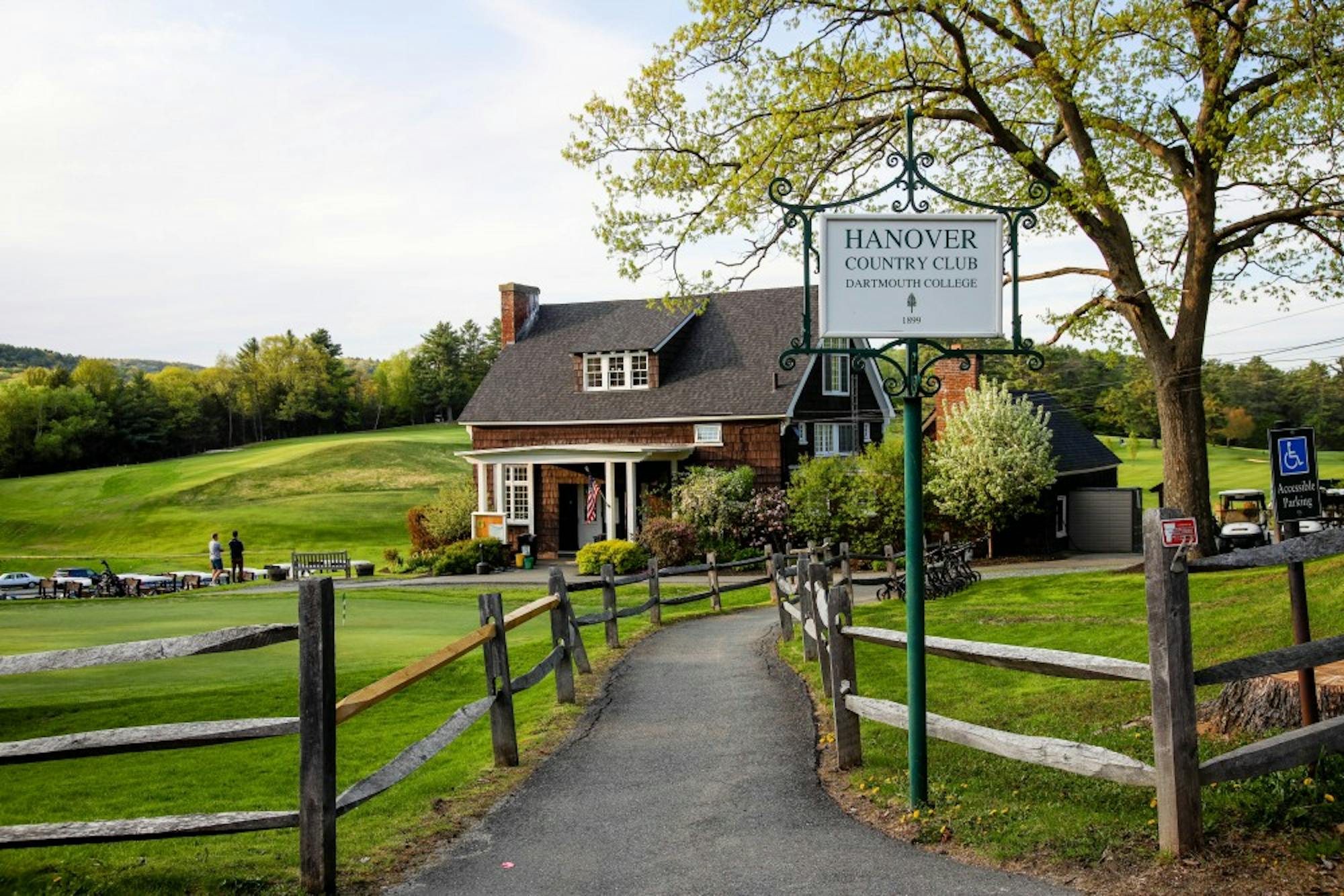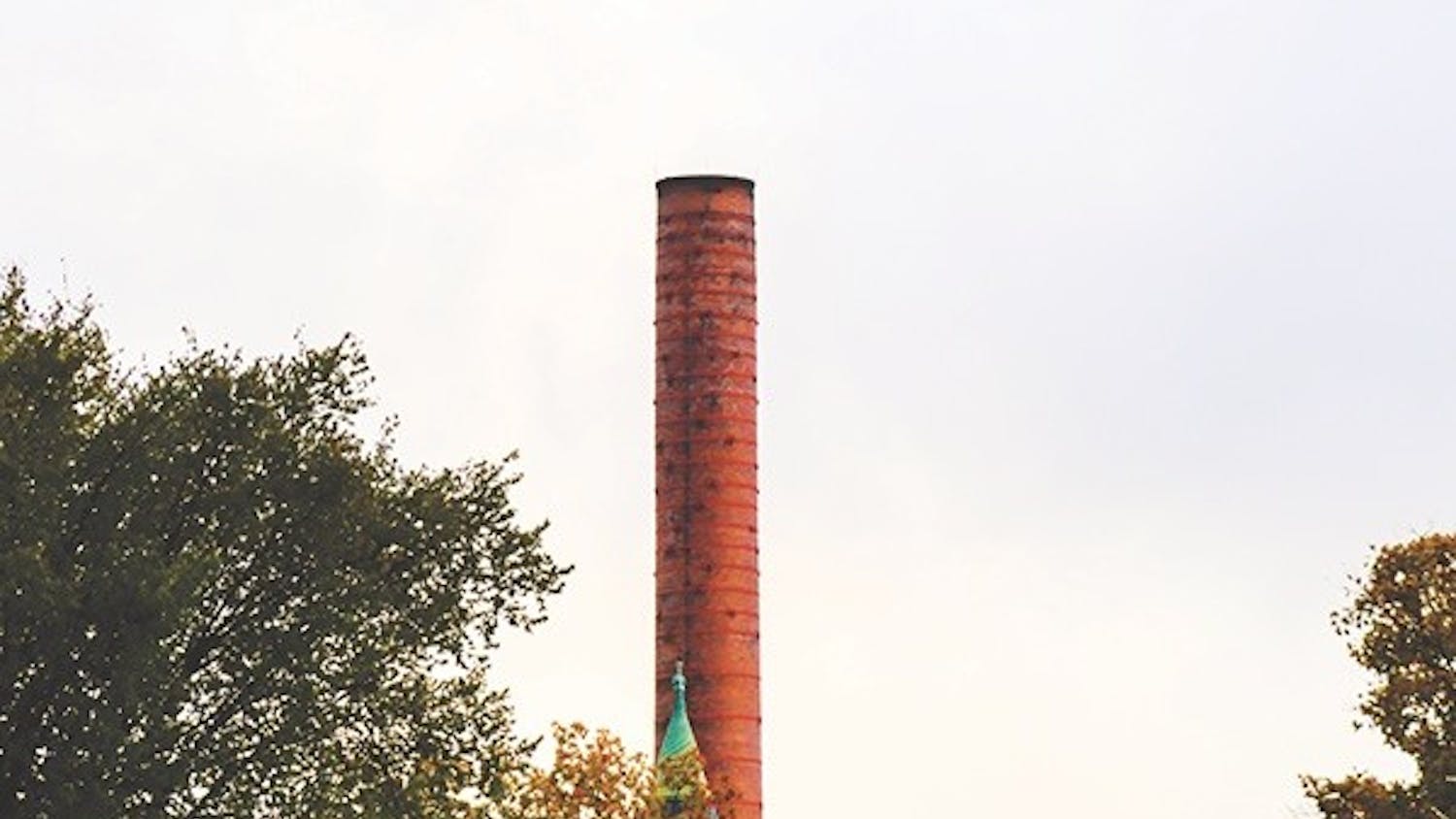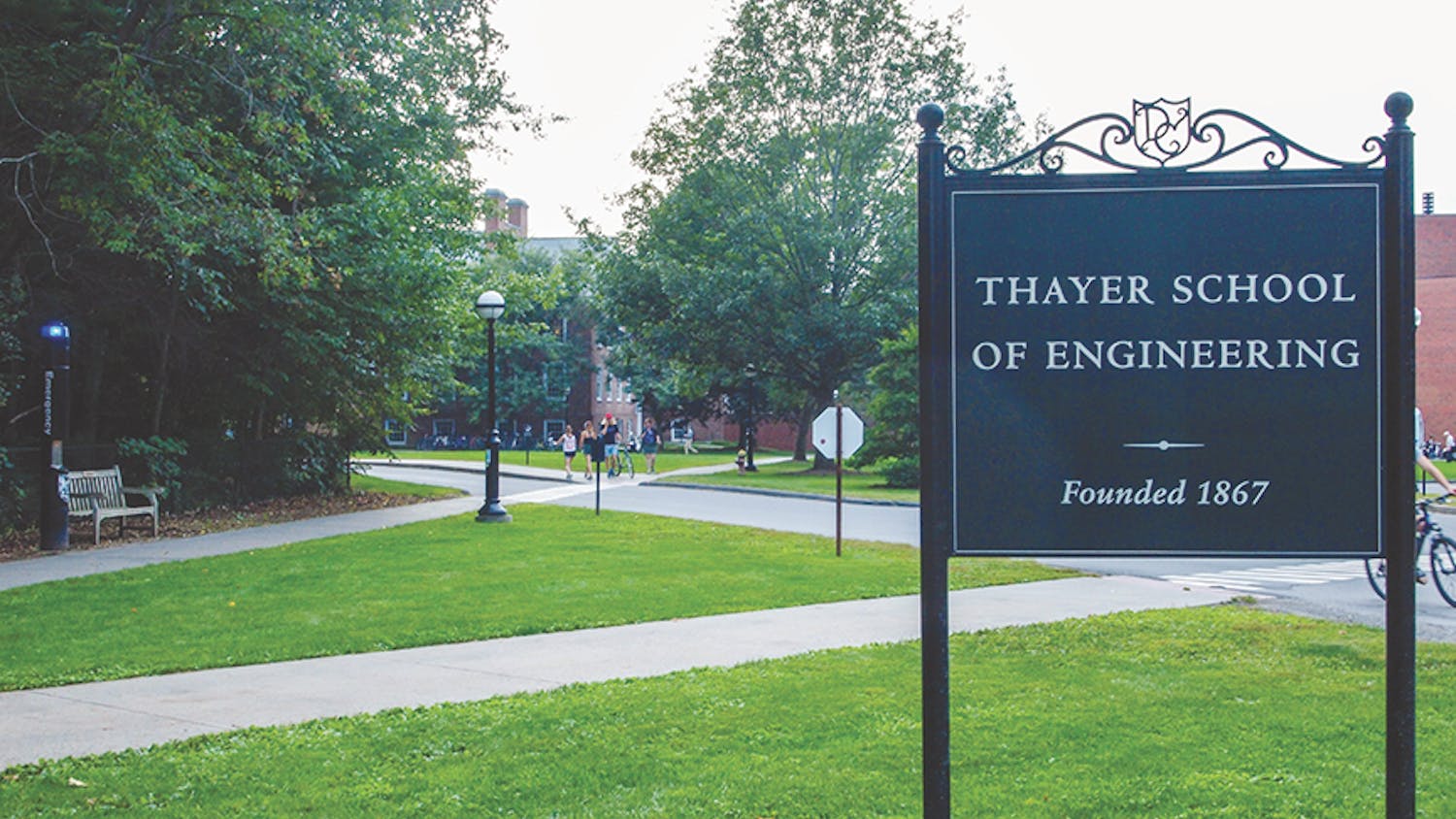At an open forum in Filene Auditorium yesterday evening, the College proposed three potential locations for a new campus biomass heating facility: the south end of the Hanover Country Club’s golf course, the hill behind the Dewey parking lot and an area of College property two miles south of campus along Route 120. An audience of around 20 community members voiced their concerns and provided input on the possible locations for the plant.
After a broad brainstorming period, planning executives narrowed viable location options down to the proposed three, vice president for institutional projects Joshua Keniston said during the event. The three sites have enough space to accommodate the minimum four-acre plant. Keniston said that many different factors are still being considered for the location choice, including air pollution, cost, noise, traffic and wildlife. The final choice of location will be announced this August or September, Keniston said.
Members of the audience voiced concerns about using the golf course as the location for the plant because it would take space away from the course itself.
However, Keniston said that building the biomass plant on the golf course “doesn’t necessarily mean we won’t have an 18-hole course,” and that it would be possible to reconfigure the golf course around the plant.
The close proximity of the Dewey Lot hill and the south end of the golf course to the rest of campus was another concern for community members in attendance. The new biomass plant would likely require 14 to 16 deliveries of fuel per day by truck, as opposed to the three to six daily trucks that service the existing power plant, Keniston told the audience. Several audience members brought up possible traffic concerns, saying that if the plant was located on the Dewey Lot hill or the golf course, the delivery trucks would need to drive on Main Street — one of Hanover’s busiest roads. Keniston responded by saying that the College could control the timing of deliveries to help mitigate traffic issues.
Of the three proposed sites, community members at the event voiced the most support for the Route 120 site. Some said that its location would be optimal for traffic, noise and emissions. However, Keniston noted that it would cost the College more to build the plant at the Route 120 site because it is farther from the rest of the campus buildings and would require more piping than the other proposed sites.
Keniston told the audience that Dartmouth is open to sharing the energy from the plant with other groups, including Dartmouth-Hitchcock Medical Center and the town of Hanover.
Dartmouth plans to partner with a private firm in the design and construction of the power plant, aiming to begin construction in 2023 in order to have the plant operational by 2025, according to a College press release. Keniston said that the design is “a very important aspect” in choosing a firm to partner with so that the building can blend into the existing campus. The College also plans to partner with the chosen firm for at least 30 years and pay them to run the plant.
The proposed power plant was announced this year as a step towards Dartmouth’s $200 million-plus Green Energy Project. Some of the project’s goals include improving the efficiency of energy transmission and distribution systems by 20 percent by 2030 and obtaining 50 percent of energy supply from renewable sources by 2025 and 100 percent from renewable sources by 2050.




